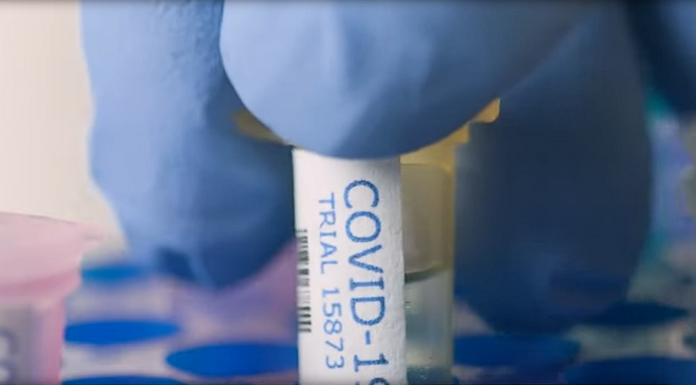The Centers for Disease Control and Prevention reported on Wednesday that more than 1,200 people—many of them healthy teenage boys—suffered from heart inflammation after receiving Pfizer’s or Moderna’s experimental coronavirus shot, the Epoch Times reported.
Patients experienced either myocarditis or pericarditis—two types of heart inflammation—after being injected with the second dose of one of the mRNA vaccines, according to the Vaccine Adverse Event Reporting System, which relies on voluntary reporting and thus does not capture the problem’s full scope.
Of 1,226 people who reported heart inflammation, 827 said they had myocarditis or pericarditis after the second dose, while 267 said the problem arose after the first dose.
The rest of the reports did not specify after which dose the problem occurred.
The experimental shots—designed to treat a disease that overwhelmingly harms the old and sickly—have caused problems disproportionately for young, otherwise healthy people, especially boys and men.
Forty percent of heart-inflammation cases have been reported in people 29 years old or younger. That amounts to 323 people, of which 309 had to go to the hospital. Nine remain hospitalized.
The CDC expected that the 12- to 17-year-old male demographic would face between two and 21 heart inflammation cases, but the actual number is 32. For 18- to 24-year-old males, the expected number was between 3 and 34 and the actual number is 47.
Males up to 39 years old and females between 12 and 24 years old had higher-than-expected adverse effect, as well.
“It does appear that the mRNA vaccines may be a trigger for myocarditis,” said Matthew Oster, a pediatric cardiologist at Children’s Healthcare of Atlanta, at a panel that presented the newly released data.
Dr. Grace Lee, co-chair of the COVID-19 Vaccine Safety Technical Work Group, added that the data “suggest likely association of myocarditis with mRNA vaccination in adolescents and young adults.”
The Pfizer–BioNTech shot is linked to the majority of heart-inflammation cases, and the Moderna shot to the remainder.
However, other health concerns—including strokes in some female patients—have previously been reported with the single-shot Johnson & Johnson and AstraZeneca vaccines, which use a slightly different but still experimental approach to deliver proteins to cell receptors that in order to block the virus. Scientists also remain highly skeptical of the Chinese-backed Sinopharm alternative.

